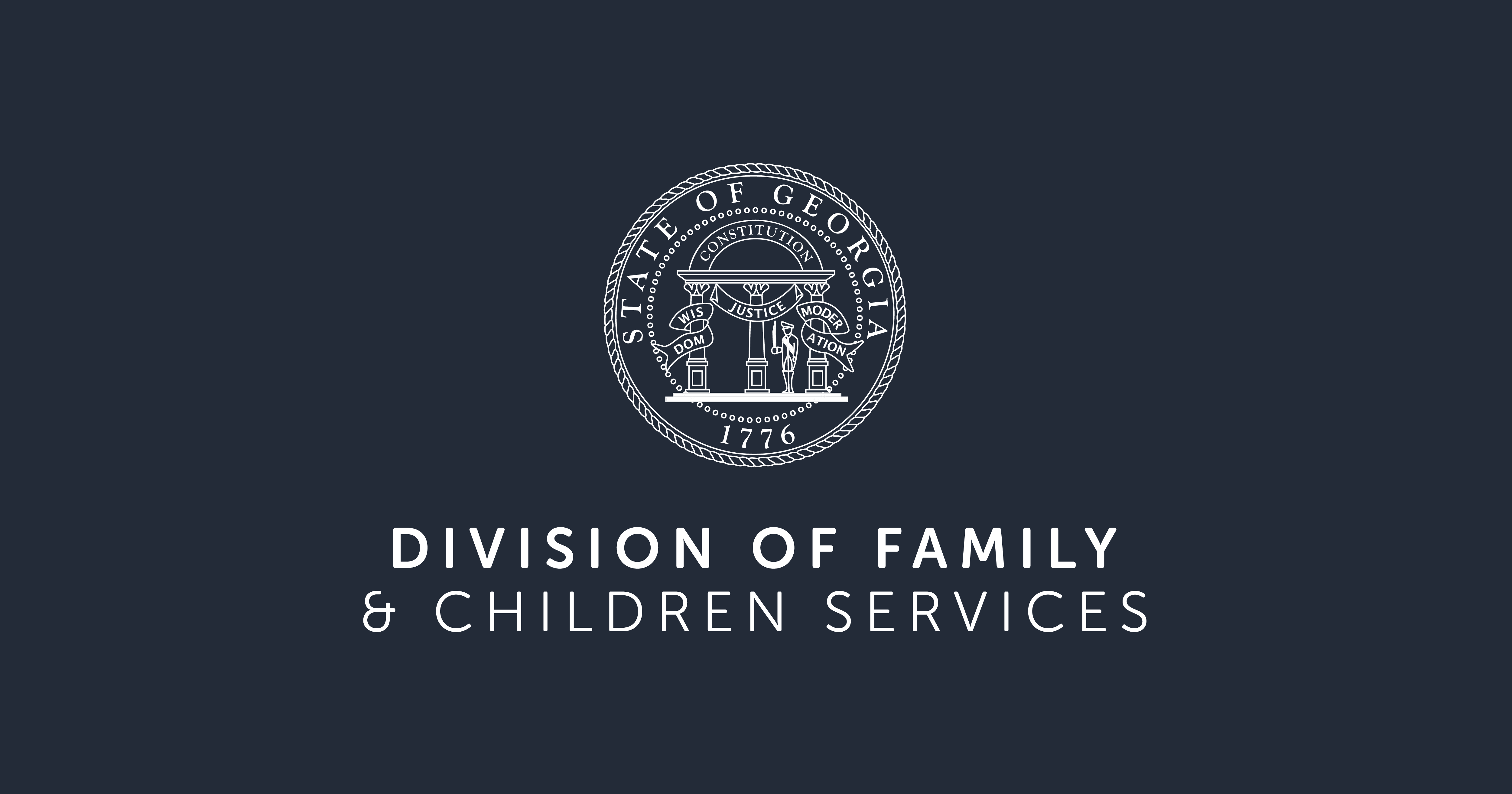After working with the Department of Public Health to facilitate programs around child abuse prevention, Deborah Chosewood realized she had a passion for empowering and advocating for young people. She began working with the Georgia Division of Family and Children Services (DFCS) in 2014, and currently serves as Deputy Director of Prevention and Community Support (PCS).
It was six years ago, when Chosewood was settling into this role, that she met Jenn Graham, CEO of Inclusivv (then Civic Dinners). When Graham proposed the use of structured conversations for community engagement that supported families, Chosewood fell in love with the concept. And so the partnership between DFCS-PCS and Inclusivv began.
When DFCS-PCS set out to involve everyday Georgia citizens in the state’s Child Abuse and Neglect Prevention Plan (CANPP), Chosewood knew they would have to take a slightly different approach. Moving away from town hall-style events and into more thorough, personal engagement, DFCS-PCS partnered with Inclusivv to design focus group conversations that aligned with the CANPP’s six objectives: economic stability, resilience, early childhood education, physical health, mental health and awareness of child abuse prevention factors.
In 2020, pandemic budget cuts put a pause on the partnership between DFCS-PCS and Inclusivv, but the pair has been able to revamp their alliance in recent months. DFCS-PCS staff members worked with the Inclusivv conversation design team to create conversations that would educate, empower and activate the community. The results have been game-changing. Among other learnings, here are some takeaways from the conversations:
- Child well-being isn’t just about the parents. The state must provide all families with equal opportunities and resources for success and development.
- Helping children thrive is a communal responsibility. Community members need to advocate for families and press for systemic changes that support and uplift the family structure.
- Education plays a key role in childhood development. Quality, affordable childcare and early education can influence the trajectory of a child’s life.
According to Chosewood, part of what makes the partnership so successful is how relatable the conversations are to everyday citizens. Inclusivv conversations make complex issues easily digestible. When individuals understand the myriad factors that impact a child’s well-being, they get a better sense of their role in advocating for children in their community.
Beyond this, the Inclusivv conversation model empowers guests to come as they are, confident that their voices will be heard. “Everyone is treated equally,” Chosewood said of the model. “No one has status, no ethos. Everyone gets to share their story. Everyone is respected. That is very rare in 2021.”
Click here to learn more about the Child Abuse and Neglect Prevention Plan.
To join or host a conversation around Georgia Family Well-Being,
check out our website.



.png?width=950&height=1022&name=Belonging%20(4).png)